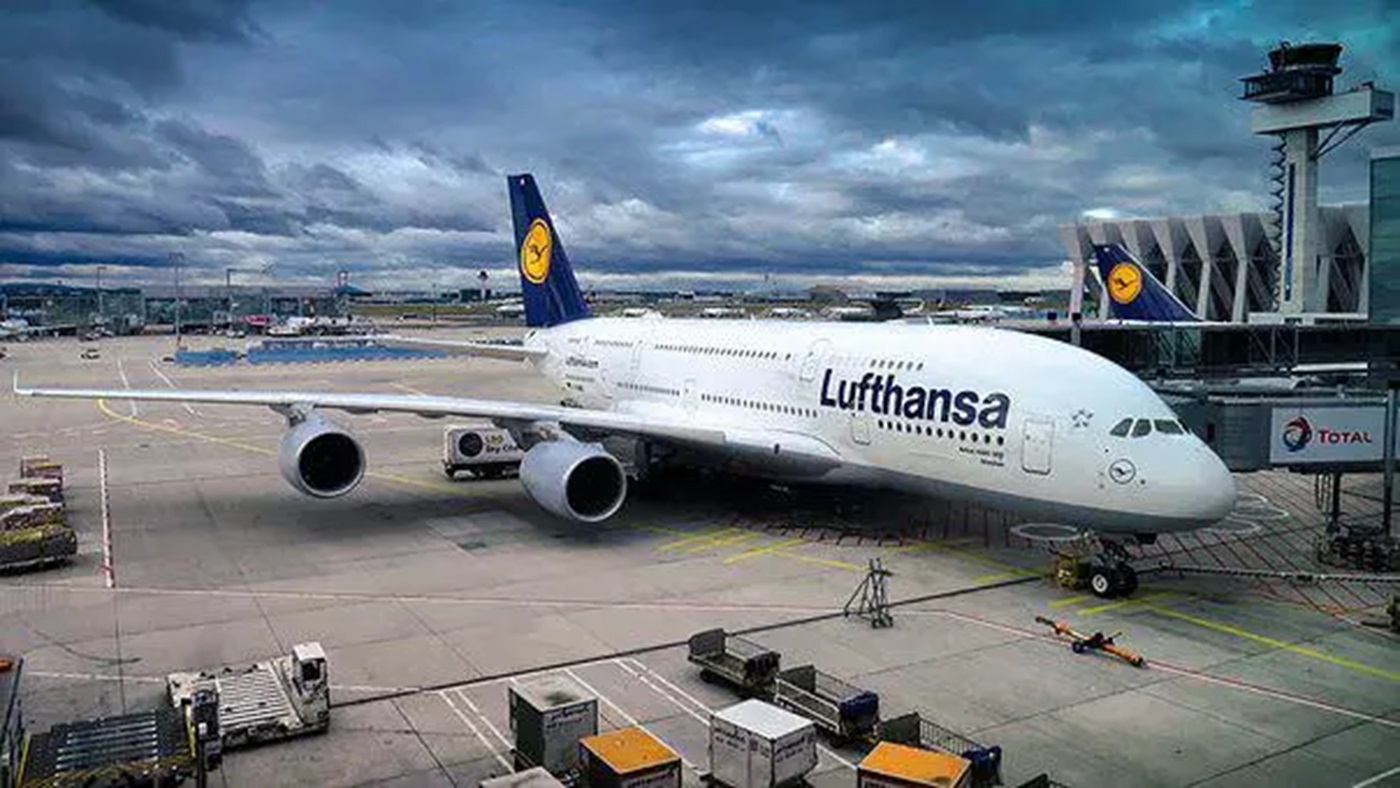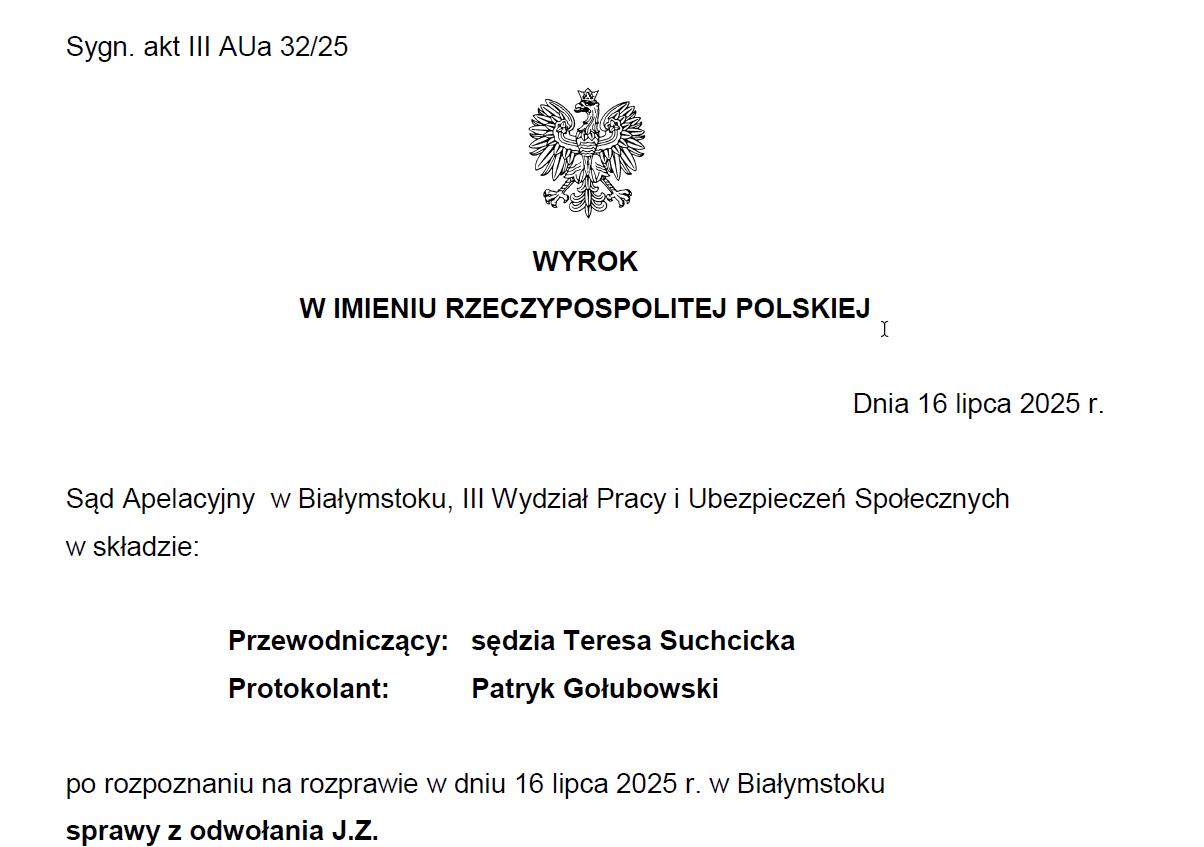
Lufthansa Cargo has decided to modernise its key hub in Frankfurt, which could represent Germany's major advantage in global logistics. The investment, worth over EUR 600 million (more than PLN 2.5 billion), will enable Germany to strengthen its leadership in the cargo area. Faced with the slowdown of work on the Polish Central Communication Port (CPK), this decision could have long-term consequences for Poland.
Comprehensive modernisation for more than €600 million
Lufthansa Cargo intends to upgrade its 330 000 m2 cargo centre at Frankfurt Airport by 2030. The modernisation will cover the full complex, including handling facilities, retention technologies, transport and administrative buildings. Thanks to this investment, the Lufthansa Cargo Center (LCC) will become the most modern hub in Europe, capable of handling more and more goods from key sectors specified as automotive, pharmaceuticals or medical technologies.
R. Alexander Lorz, Minister of Finance of Hesse, stressed the strategical importance of this investment for the region:
"The merger provided by Lufthansa Cargo is simply a essential gateway to the global market," Lorz noted.
A hard “open heart surgery”
The investment will be carried out without disruption to the current business. The reconstruction of the cargo port is an ‘open-heart operation’ which requires precise coordination of the activities of all active entities to guarantee the smoothness of logistics operations.
Since 1982, the Lufthansa Cargo Center has been operating 24 hours a day, 7 days a week, playing a key function in global freight traffic. Modern technologies, which will be introduced during modernisation, will increase the efficiency of handling and storage, which will translate into an increase in German transport capacity.
Poland and the frozen CPK project
While Germany invests in the future, the situation around Central Communication Port in Poland remains uncertain. Although Donald Tusk's government initially opposed the continuation of the CPK project, in June 2024 it was decided to proceed it. However, there has been no concrete information about the advancement of the work since then.
Many experts fear that the task could be frozen, which would have crucial consequences for the Polish economy. In the case of implementation of the CPK, forecasts of the global Air Carriers Association (IATA) assumed a crucial increase in imports to Poland, which could scope 932,000 tonnes in 2060, which would mean PLN 589 billion in value terms. akin forecasts for exports were 544,000 tonnes and PLN 428 billion in 2060.
Customs duties and taxes – key benefits
One of the main arguments behind the construction of the CPK are the benefits of duties and taxes. The EY advisory company estimates that the calculated value of duties at CPK airport in 2028 would amount to about PLN 874 million, of which PLN 115 million would go straight to the state budget. By 2060 this amount would have increased to about PLN 925 million.
Similar forecasts relate to VAT, which in 2028 would amount to about PLN 24 billion, and in 2060 would scope PLN 116 billion. These figures show how crucial part of the Polish transport strategy could become a CPK.
Competition with Germany – Can Poland lose?
The Lufthansa Cargo decision to upgrade the hub in Frankfurt is simply a clear signal that Germany is ready to compete for dominance in the European cargo movement. These investments can increase Germany's advantage, especially in the context of delays in the implementation of the Polish CPK.
Should the construction of the CPK be discontinued, Poland may lose not only its strategical position on the European air transport map, but besides its immense gross from customs and taxes, which could bring hundreds of billions of PLN in the task scenario.
Summary
Modernisation of the Lufthansa Cargo Center in Frankfurt represents a crucial step forward in European cargo transport. Germany, investing in modern technologies, secures its position as a leader in the logistics market. Meanwhile, delays in the implementation of the CPK may origin Poland to lose its chance to make the air transport sector and the resulting gross from duties and taxes. In the face of global competition, decisions on the future of the Polish airport are becoming increasingly urgent.
More here:
CPK Cargo will emergence in 6 years, but not in Poland












